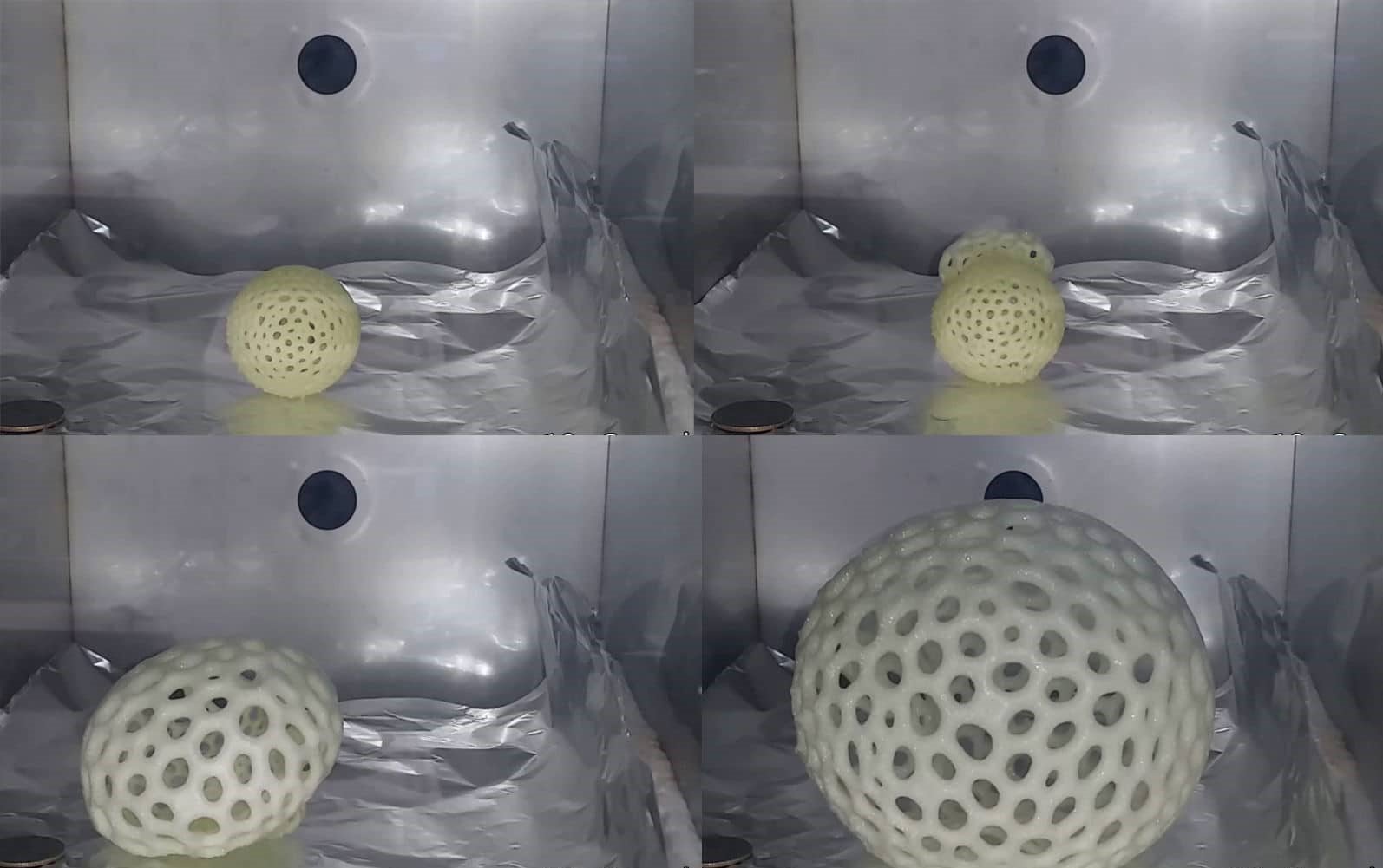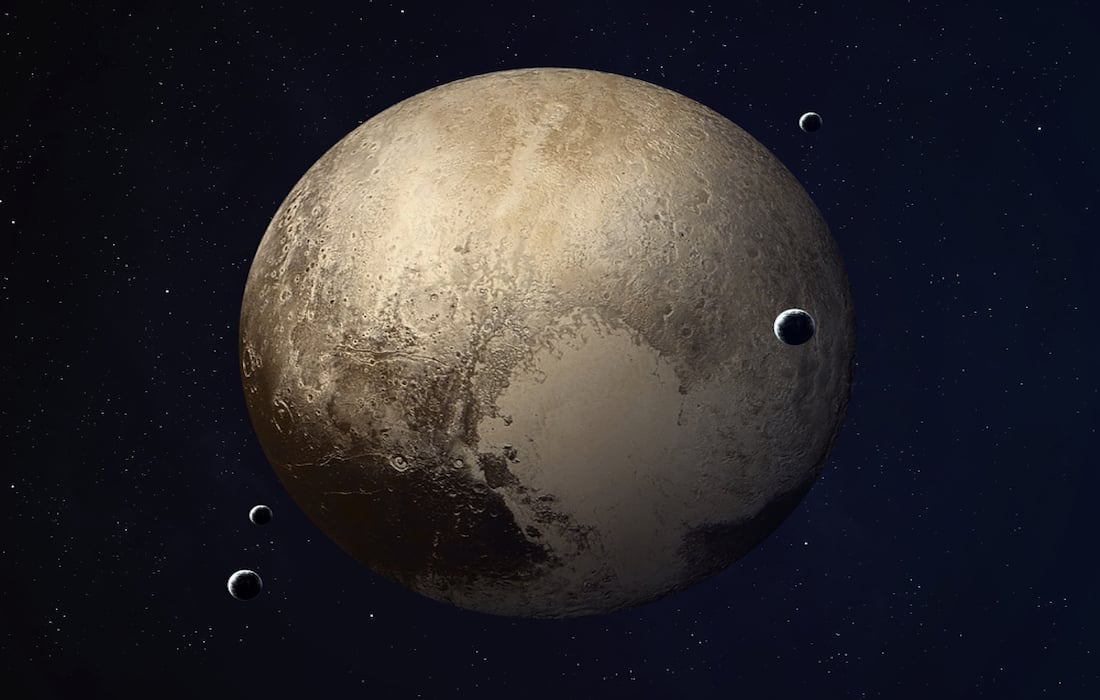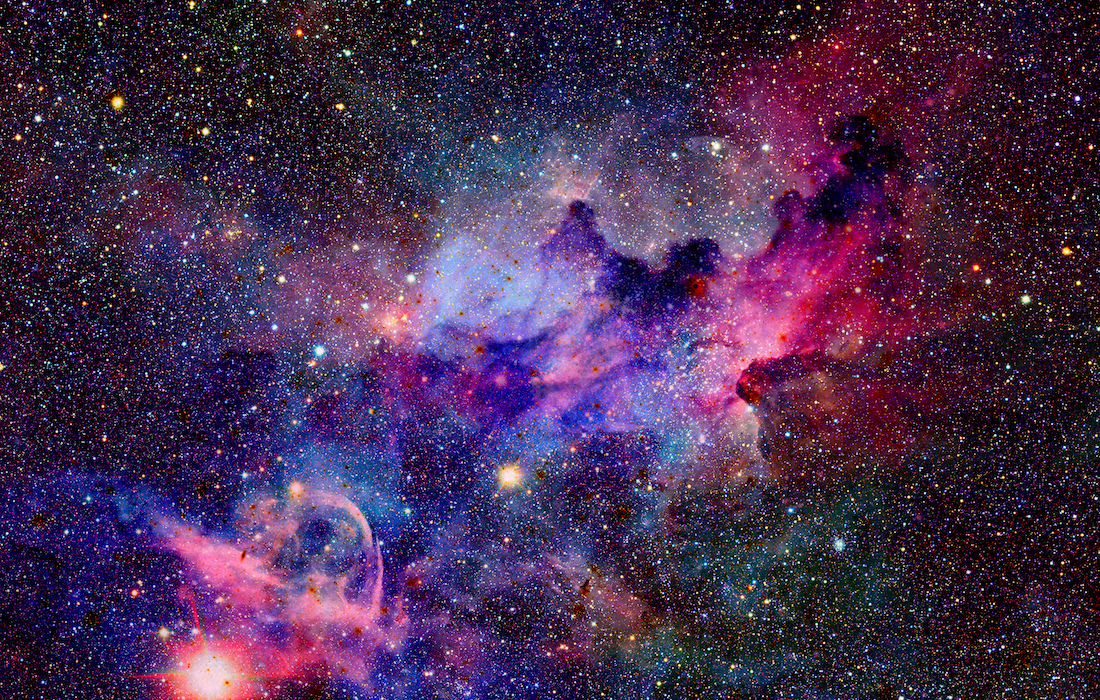Various advanced artificial intelligence projects say they are working towards building a conscious supercomputer machine. These artificial intelligence projects are based on the idea that brain functions merely encode and process multisensory inputs. It is believed that once brain functions are properly understood, it would be possible to code them into a computer machine. Microsoft Inc. recently announced that it is willing to spend US$1 billion on a project to do just that.
So far, attempts to build supercomputer brains have not even come close to the real thing. A multi-billion-dollar European project that was started in 2013 is now largely believed to have failed. That effort has now shifted to develop new software tools for scientists to help them study brain data, rather than simulating it.
Some scientists and researchers continue to say that simulating neuroscience with computer systems will result in a great future. The argument starts here – brains integrate and compress multiple components of an experience, including vision and smell, which simply can’t be handled in any way by computers.
Brains do not work like computer systems
All the living organisms on this planet store experiences in their brains by adapting neural connections in an active process between the subject and the environment. A computer system records data in short-term and long-term memory blocks. That difference means the human brain’s information handling process must also be different from how computer systems handle it.
The mind continuously explores the environment to find objects that guide the performance of one action or another. Perception is not directly related to the sensory data. The human being can identify a desk or a chair from various angles, without having to interpret the data and then refer to its memory.
Computation and awareness
We have highlighted some additional reasons that consciousness is something that is not computable.
A conscious human being is aware of what he is thinking. The person even has the ability to stop thinking about one thing and start thinking about another, no matter where he was in the initial stage of thought. This is something impossible for a computer machine to do. Around 80 years ago, a pioneer British scientist Alan Turing showed that there was no way ever to prove that any particular computer program could abort on its own, and yet that ability is central to consciousness.
Alan Turing’s argument is based on a trick of logic in which he creates an inherent contradiction: Imagine there was a general process that could determine whether any program it analyzed would abort or not. The output of that general process would be either “yes, it will stop” or “no, it won’t stop. Pretty straightforward it is!








